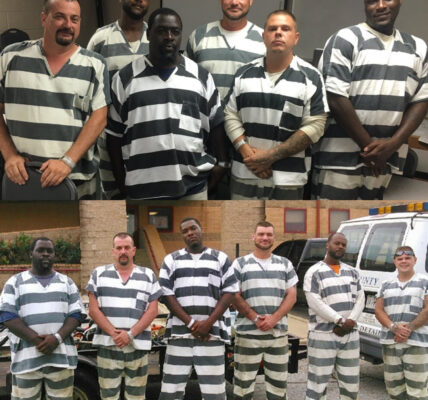
At the beginning of the year, our little plumbing supply company was hanging by a thread. The man who built it from the ground up—the man we all respected and loved—had passed away late last year. His kids, fresh out of college with business degrees but no real-world experience, stepped in to take over.
They didn’t know the customers. They didn’t know the suppliers. And most importantly, they didn’t know the people who had kept this place alive for decades.
By year’s end, the business was in chaos. Out of loyalty to their father, we—13 employees in total—made a choice most people wouldn’t. We took voluntary pay cuts. It wasn’t easy. We had bills, families, and lives to manage. But we were promised that once the company was stable again, we’d all receive a five-figure bonus to more than cover the lost wages. After that, we’d get our regular salaries back, plus a 10% raise.
We kept the place running. We worked harder than ever. And slowly, things began to turn around.
When the latest quarterly report came out, the numbers spoke for themselves. For the first time since the old man’s passing, the company had turned a hefty profit. We were proud—this was our win.
Then came the memo: “Mandatory meeting in the conference room.” We exchanged smiles, certain this was the meeting. The one where they’d hand out the bonuses and restore our pay. We were ready to celebrate our hard-earned victory.
But instead, we got slapped in the face.
The heirs stood in front of us and explained, in perfectly rehearsed business-school language, that because we were making “record profits,” they didn’t want to “rock the boat” by spending on bonuses or restoring wages.
Instead, they wheeled in a stack of pizzas and bottles of soda.
“This is just a small token of our appreciation,” they said.

We stared at them in disbelief. They thought a $10 pizza could replace the trust we had put in them. They thought greasy cardboard boxes could stand in for the promises they had made and broken.
Seven of us—myself included—walked out that very moment. Between us, we had over 80 years of experience working for their father’s company. We had kept the lights on when the storm hit, only to be rewarded with cheap slices and a pat on the back.
Maybe they never learned in college how to treat employees like family. Maybe they never understood that integrity is worth more than profit margins. But they’ll learn soon enough how hard it is to replace not just workers, but loyalty, dedication, and decades of hard-earned knowledge.
As for us, we’re not looking back. Four of us, including myself, are starting our own plumbing supply company. It’ll be small at first. There will be tough times. But we’ll never forget this lesson: if you treat people with honesty, fairness, and respect, they’ll stand with you through anything.
And we’ll never—ever—think a pizza party is an acceptable substitute for keeping our word.




